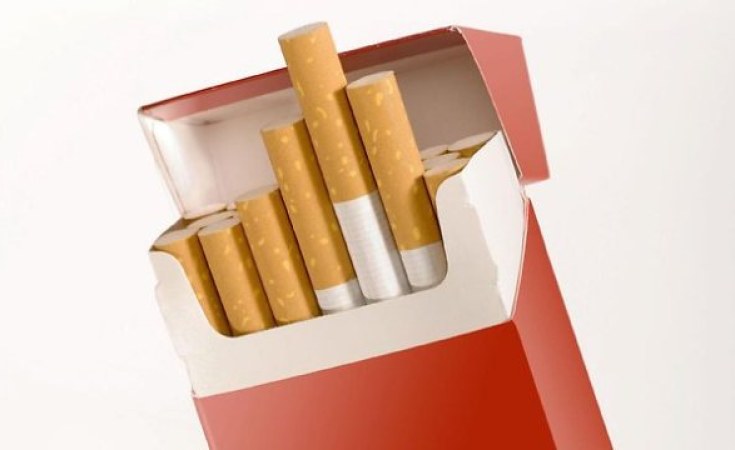On November 4th, 2020, the United-Kingdom based public health organization Knowledge Action Change, which aims at promoting health through the concept of harm reduction, issued an expert report entitled: Burning Issues: The Global State of Tobacco Harm Reduction. In parallel, the organisation hosted two discussion sessions about the state of tobacco harm reduction in the world.
The first session dealt with 'The context and importance of tobacco harm reduction for global health' and the second one 'The current challenges for tobacco harm reduction'.
It was apparent from these discussions that Tobacco Harm Reduction is a very sensitive topic. Several studies have shown over the years that innovative smokeless tobacco products cause potentially less harm than traditional cigarettes. However, many voices are against these supposedly safer products (on the frontline the World Health Organization) considering that they are still harmful and dangerous especially for the youth.
For the experts who advocate in favor of Tobacco Harm Reduction, it is a critical public health issue and the most important thing is to meet consumers where they are regarding their addiction and offer them the best option to live longer and prevent suffering. Most experts have noticed over the years that quitting smoking, although it remains the best option, can be an unachievable goal for many smokers. As a consequence, intermediary solutions have emerged such as e-cigarettes, heated tobacco, pasteurized tobacco. It is notable that a couple of independent scientific studies, such as the one led recently by Public Health England recently, show that e-cigarettes are "95% less harmful than cigarettes".
Follow us on WhatsApp | LinkedIn for the latest headlines
What are the challenges in low and middle-income countries?
In low and middle-income countries (LMICs), regulations, policies and information around Tobacco Harm Reduction (THR) are particularly restrictive. Dr. Mwawi Ng'oma is the Programme Manager of St John of God College of Health Sciences. She is a professional nurse specialized in mental health in Malawi. She stated that to her there is no doubt that current policies and regulations are counterproductive and lead to more confusion and misinformation: "Governments policies and regulations are being unduly influenced by flawed science and anti-harm reduction lobbying. Also, flawed public health information in many countries is confusing and misleading people who want to switch away from smoking but are not aware of the available options".
She added: "Many LMICs are not sufficiently resourced to implement and adopt tobacco harm reduction measures. The situation is further complicated in countries where the economy is reliant on income from cultivation, such as Malaw)".
Samrat Chowdhery is President of the International Network of Nicotine Consumer Organizations, and Director of the Association of Vapers, India. Mt Chowdhery is of the opinion that harm reduction is the best option to significantly reduce tobacco related deaths and diseases especially in those countries: "Given that over 80% of tobacco users are in low- and middle-income countries with meagre means to deal with tobacco-related consequences, the focus ought to be unwaveringly on maximum reduction of harm, by allowing people to exercise the choice of avoiding death and disease by switching to affordable and accessible risk-reduced alternatives if they are not willing or able to quit."
Clive Bates is now Director of Counterfactual, a consulting and advocacy practice focused on a pragmatic approach to sustainability and public health. He is very well known in the harm reduction environment as Former Director of Action on Smoking and Health (UK), (campaigning to reduce the harms caused by tobacco). According to Bates this pragmatic approach should be the rule for tobacco because it is the most efficient in spite of a restrictive context: "Good is more or less how we would like the world to be. That requires a few things. First, it requires a change of understanding in the public health community and the world of how harm reduction works. It is not about offering smoking cessation products. It is a reliable, valuable proposition of healthier alternatives…We need much more mindfulness of the perverse consequences of blundering in clumsy excessive regulation that does a disservice to the public good".
He then stressed the importance of communication: "We need a new narrative about THR in the public. The relentless negativity has to stop. People must start to see where the benefits are. We have to stop the tirade of false and misleading misrepresentations of science. Thirdly we need to shift to a risk proportionate regulatory regime. This means being very tough on the most harmful products, and being much more liberal and open minded about encouraging consumers to switch to the far less harmful products"
According to the WHO, smoking kills 8 million people each year and it is the leading cause of preventable death.


